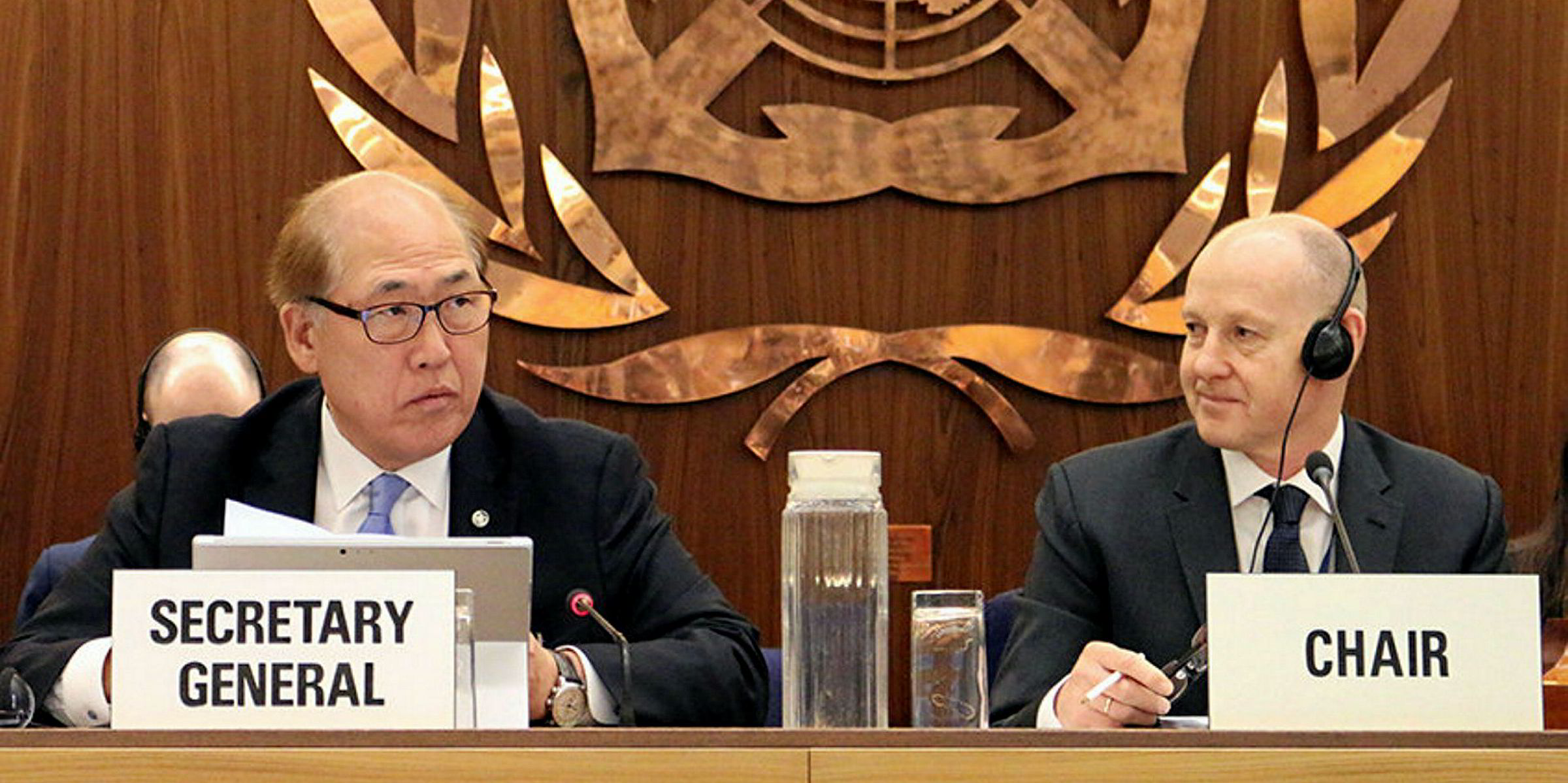Despite the new IMO 2020 clauses developed by Bimco for charterparties, there are still gaps that could potentially lead to problems with port state control (PSC), according to a lawyer specialising in the field.
Nicholas Woo, a partner at UK law firm Birketts, has been advising leading companies around the world about how best to comply with the IMO 2020 regulations — and he has identified a few areas that owners and charterers should be wary of if they want to clear Marpol Annex VI inspections without any problems.
The Bimco clauses are very well drafted but, like all standard clauses, careful consideration must be given to see if they are completely suitable in each case or whether amendments or 'bolt-ons' are necessary
Nicholas Woo
“The Bimco clauses are very well drafted but, like all standard clauses, careful consideration must be given to see if they are completely suitable in each case or whether amendments or 'bolt-ons' are necessary,” Woo says.
Port regulations
He points out that because of the way clause (a) of both sets of Bimco clauses is drafted, owners may need to make sure the charterparty considers all the possible emissions regulations of the local PSC authorities that the vessel could call at.
“Owners and charterers may need to check that the bunker clause in the main charterparty complies with the requirements of all the ports that the vessel is calling at, especially as each PSC may have different requirements,” he says.
Clause 18.2 of Marpol Annex VI appears to suggest that owners need not deviate to bunker compliant fuel. However, in order to rely on the clause, the owner may be required by the local PSC authority to provide the fuel oil non-availability report — or FONAR — that will be needed if the ship has not been able to purchase compliant fuels.
However, in most time charters, it is the charterer who is responsible for and arranges the bunkers. If the owner and charterer are not communicating, that could lead to problems.
FONAR filing
“Owners will need to file a FONAR with the PSC but may have no paper trail since the charterers are stemming bunkers under the charterparty," Woo says. "The charterparty needs to make sure the charterers are obliged to provide this to owners.”
There could also be further problems if, in the spirit of the IMO 2020 regulations, the local PSC authority insists that non-compliant fuel is debunkered.
“The line between [a] charterer's obligation to discharge unused non-compliant fuel and [an] owner’s obligation to clean tanks is not clear, and who is to take responsibility for delay?” Woo asks.
He adds that there is no express indemnity in the Bimco clause in the event that charterers are not able to dispose of non-complaint fuel, especially since PSC authorities may look to the owners to do so.
"Although it is arguable that an indemnity is implied, it would be better if this was clearly set out," he suggests.
“And what if charterers want to stem different types of compliant fuel which are not compatible with each other? Who has the responsibility to ensure that the vessel has sufficient empty tanks? Will charterers be able to argue that owners should have cleaned sufficient empty tanks? Can owners argue that charterers should have planned better?”





